
A staff member works on the production line of a semiconductor manufacturer in Binzhou, Shandong province. (Photo by Chu Baorui/For China Daily)
China needs to launch a high-level agenda to effectively reinforce support for the private economy, which lies at the core of driving the nation's economic recovery, political advisers and experts said on Sunday.
This should be part of the package of forceful measures in the offing to revive the momentum of recovery, they said, as the country's second-quarter economic growth results, which are scheduled to be released on Monday, may indicate subdued demand in the private sector.
Gong Liutang, a member of the 14th National Committee of the Chinese People's Political Consultative Conference, said it is time to roll out a top-level guideline to clarify the crucial status of private enterprises in China's economy, and to introduce a slew of measures to remove the hurdles facing private enterprises in regard to market entry, financing and exports.
"A central-level institution can also be set up to coordinate work done by various authorities to boost the private economy, in order to ensure that the policies are implemented well," said Gong, who is also a professor of applied economics at Peking University's Guanghua School of Management.
The call for systematically beefing up support for the private sector came amid souring private investment. According to the National Bureau of Statistics, fixed-asset investment by the private sector edged down 0.1 percent year-on-year in the first five months of the year, the first negative reading since October 2020.
Experts said that private investment for the first half of the year, which is due to be released on Monday, may remain subdued as the private economy is wrestling with weakening external demand and falling profits amid disinflationary headwinds.
China's exports dropped by 12.4 percent year-on-year in US dollar terms in June, official data showed. Private enterprises, which contribute more than half of the country's foreign trade, may have borne the brunt, Gong said, calling for encouraging more participation of private enterprises in the country's infrastructure stimulus campaigns in order to help them tackle shrinking export orders.
Noting that the private economy plays a key role in employment growth, Xu Hongcai, deputy director of the China Association of Policy Science's economic policy committee, also urged more efforts to support private businesses, such as further reducing fees and taxes and ensuring fair competition.
Experts deem private companies as a critical link in bolstering consumer demand, given that they contribute more than 80 percent of China's urban employment. As private investment soured, the unemployment rate in a section of surveyed population, age 16 to 24, hit 20.8 percent in May, compared with 20.4 percent in April, the NBS said.
China has already stepped up efforts to bolster its private economy. The National Development and Reform Commission held two symposiums, on July 3 and July 10, to listen to the difficulties faced by private companies and their policy suggestions.
As investment accelerates amid ramped-up policy support and consumption further recovers, China is capable of meeting its annual economic growth target of around 5 percent, said Ning Jizhe, vice-chairman of the China Center for International Economic Exchanges, during a recent meeting of the center.
China's GDP growth rate for the first half of the year will likely be around 6 percent, followed by steady growth in the third and fourth quarters, said Ning, who is also a former head of the NDRC.
Encouraging the private sector, which tends to have high productivity, to play a bigger role in the economy will be integral to China's efforts to avoid policy stimulus from impeding the quality of growth, said Rob Subbaraman, head of global macro research at Nomura.
He said that further monetary easing and more fiscal spending on infrastructure and high-end manufacturing may be coming as well.
Liu Guoqiang, vice-governor of the People's Bank of China, the country's central bank, pledged on Friday to step up countercyclical policy adjustments and reduce financing costs to expand domestic demand.








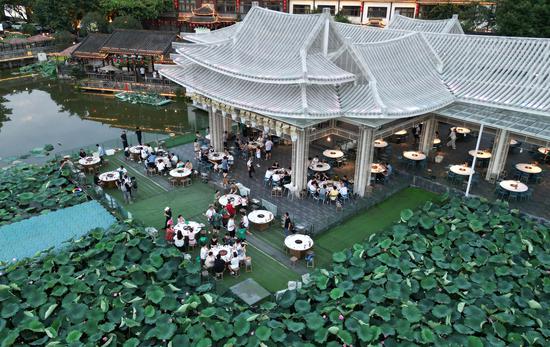




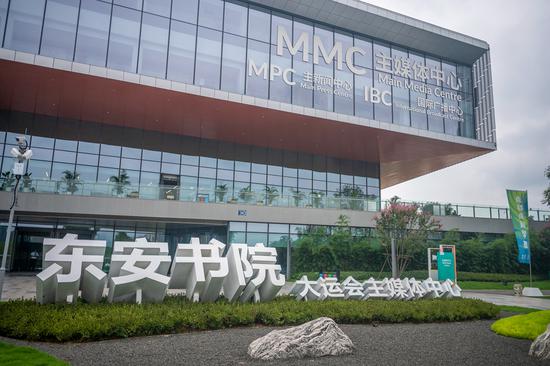

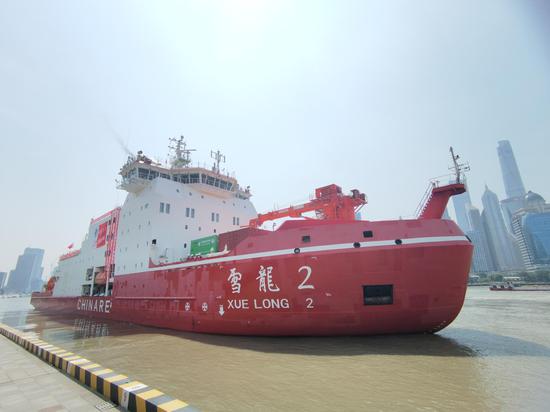






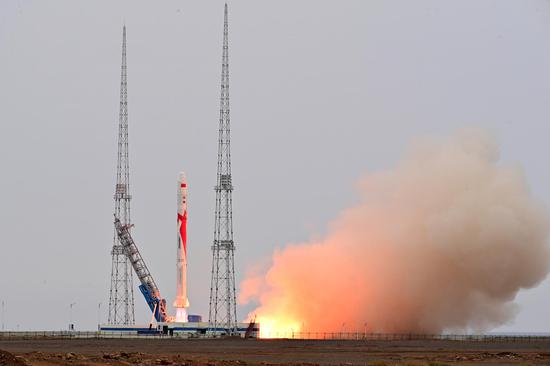
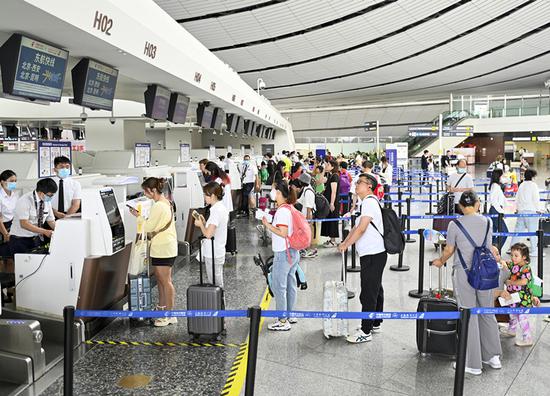







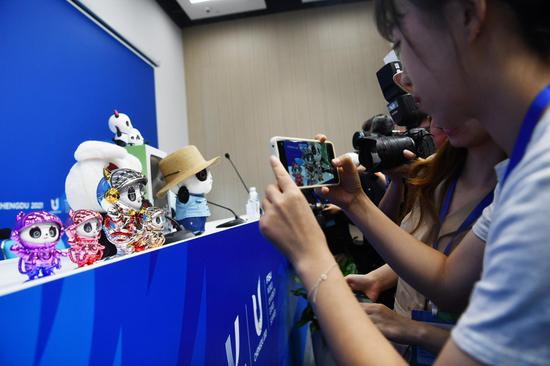



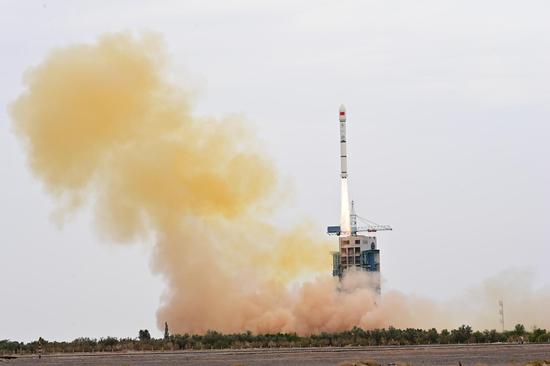

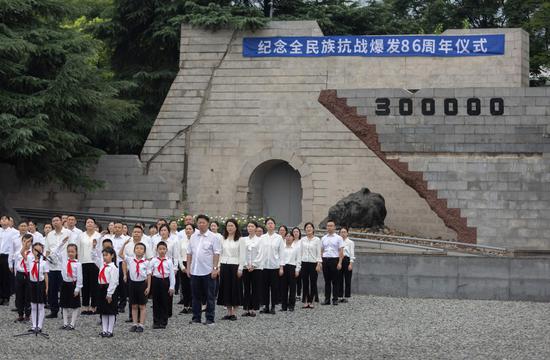
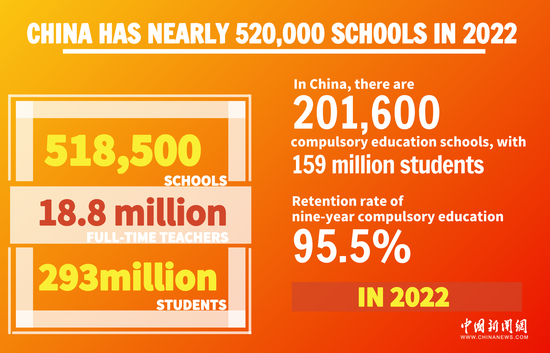
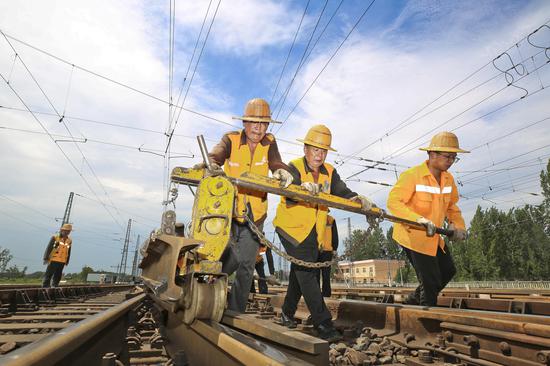










 京公网安备 11010202009201号
京公网安备 11010202009201号